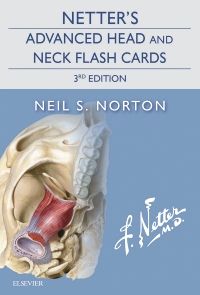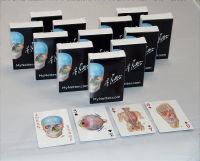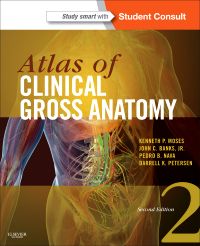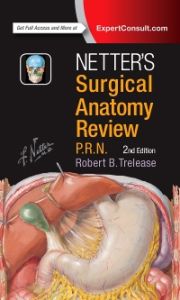In this issue of Emergency Medicine Clinics, guest editors Drs. Christopher P. Holstege and Joshua D. King bring their considerable expertise to the topic of Toxicology Emergencies. The field of medical toxicology has grown dramatically over the past decade, with the emergence of new pharmaceuticals, abused substances, chemicals within the workplace, and agents of terrorism. In this issue, top experts in the field address some of the more common, controversial, or emerging areas in this challenging area.
Key Features
-
Contains 15 relevant, practice-oriented topics including the approach to the patient with an unknown overdose; emerging agents of substance abuse and misuse; differentiating the causes of metabolic acidosis in the poisoned patient; pediatric toxicology; and more.
-
Provides in-depth clinical reviews on toxicology emergencies, offering actionable insights for clinical practice.
-
Presents the latest information on this timely, focused topic under the leadership of experienced editors in the field. Authors synthesize and distill the latest research and practice guidelines to create clinically significant, topic-based reviews.
Author Information
Edited by Christopher P. Holstege, MD, Chief, Division of Medical Toxicology,Director, University of Virgnia Health’s Blue Ridge Poison Center,Professor, Departments of Emergency Medicine & Pediatrics,University of Virginia School of Medicine
Found Down: Approach to the Patient with an Unknown Poisoning
The Management of Agitated Toxidromes
Pediatric Toxicology
Metabolic Acidosis: Differentiating the Causes in the Poisoned Patient
Emerging Agents of Substance Use/Misuse
Carbon Monoxide Toxicity
North American Envenomation Syndromes
Toxic Alcohol Poisoning
Updates on the Evaluation and Management of Caustic Exposures
Chemical Agents Encountered in Protests
The Roles of Antidotes in Emergency Situations
Cardiotoxic Medication Poisoning
Toxin-Induced Seizures * Adapted from “Toxin-Induced Seizures in Neurologic Clinics, November 2020
Utilizing the Toxicology Laboratory in the Poisoned Patient














